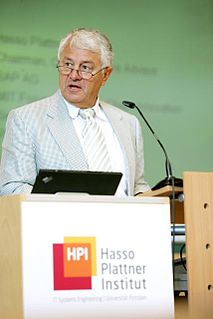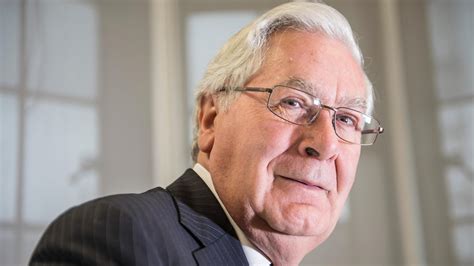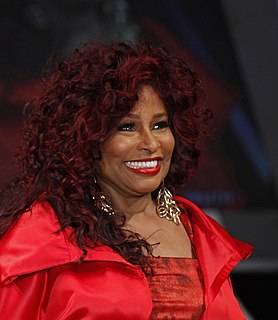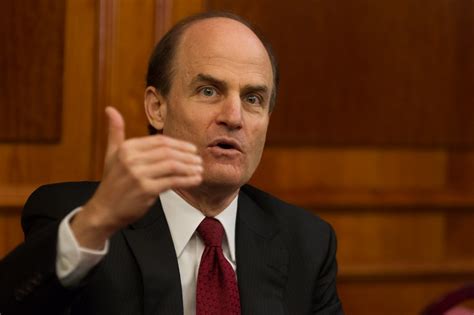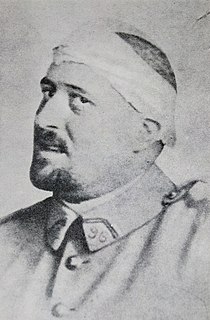A Quote by Hasso Plattner
I made my money with software - encoded knowledge without which few products and services can exist today - and so it seemed imperative that this would be the field where I would give something back.
Related Quotes
There is no reason products and services could not be swapped directly by consumers and producers through a system of direct exchange – essentially a massive barter economy. All it requires is some commonly used unit of account and adequate computing power to make sure all transactions could be settled immediately. People would pay each other electronically, without the payment being routed through anything that we would currently recognize as a bank. Central banks in their present form would no longer exist – nor would money.
I would have been an archaeologist or something, maybe a historian. There are a lot of things I would have liked to have done differently, but everything that happened to me made me the person I am today. No matter how negative it seemed at the time or whatever hardship it seemed to have been at that time, Im just the sum of all those amazing experiences.
If car manufacturers made cars according to spec the same way software vendors make software according to spec, all five wheels would be of widely differing sizes, it would take one person to steer and another to work the pedals and yet another to operate the user-friendly menu-driven dashboard, and if it would not drive straight ahead without a lot of effort, civil engineers would respond by building spiraling roads around each city.
I did not want to move. For I had the feeling that this was a place, once seen, that could not be seen again. If I left and then came back, it would not be the same; no matter how many times I might return to this particular spot the place and feeling would never be the same, something would be lost or something would be added, and there never would exist again, through all eternity, all the integrated factors that made it what it was in this magic moment.
I am convinced that it is impossible to expound the methods of induction in a sound manner, without resting them upon the theory of probability. Perfect knowledge alone can give certainty, and in nature perfect knowledge would be infinite knowledge, which is clearly beyond our capacities. We have, therefore, to content ourselves with partial knowledge - knowledge mingled with ignorance, producing doubt.
Without poets, without artists, men would soon weary of nature's monotony. The sublime idea men have of the universe would collapse with dizzying speed. The order which we find in nature, and which is only an effect of art, would at once vanish. Everything would break up in chaos. There would be no seasons, no civilization, no thought, no humanity; even life would give way, and the impotent void would reign everywhere.
One of the big changes at the heart of Web 2.0 is the shift from the creation of software artifacts, which is what the PC revolution was about, to the creation of software services. These are services that ultimately, if they are successful, will require competencies of operation, of scale, and the like.
There are simple things which would make sense. Take, say, weatherization, which would make a big cut in the unemployment rate. That's the kind of work that plenty of people are quick to do, and it would save individual households money, and it would make a significant reduction in the threats of climate change. But something is holding it back: the sociopathic character of market systems.
